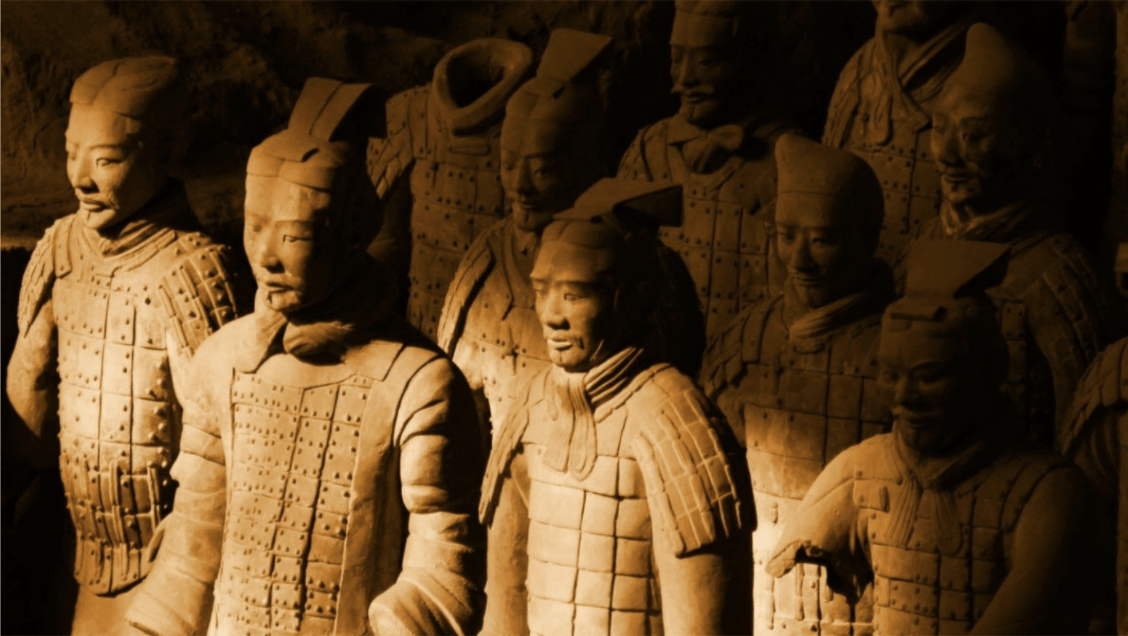“Why Classics?”
By Olivia Wells
When people ask me what I’m studying, I often find that they don’t understand what I mean by “classics,” and in the rare case that they do, they sometimes can’t wrap their head around why I’d want to major in it.
Sadly, it’s not hard to see why I, as well as other classics majors, often find ourselves defending our discipline. Once regarded as a foundational precept of humanities, classical studies has since seen a decline in popularity over the past century…









